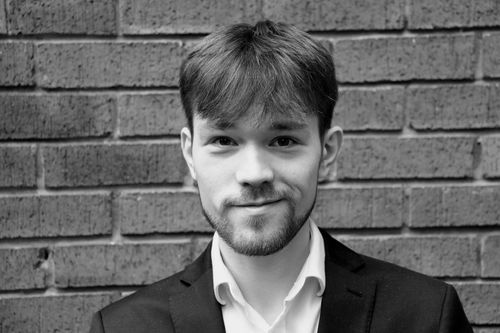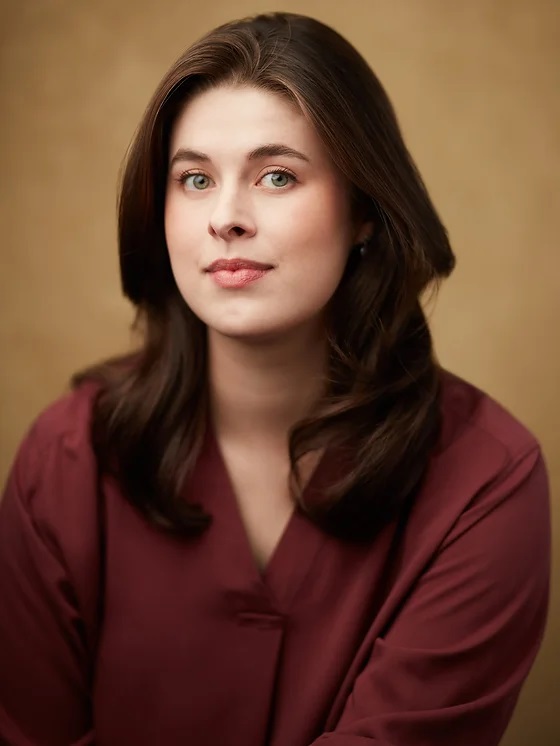
SPORTING a new logo on the backs of their music stands and joined by their long-time colleagues from Leeds Festival Chorus (also conducted by Simon Wright), York Guildhall Orchestra here launched the first of a series of Sunday afternoon concerts.
Cantatas by Parry and Mendelssohn framed Elgar’s ‘Enigma’ Variations. Parry’s setting of Milton’s Ode At A Solemn Music, known by its opening line Blest Pair Of Sirens, took him 20 years from conception to completion.
This performance echoed that tentative start, with the gentlemen of the chorus taking time to get into their stride. Buoyed by the orchestra’s enthusiasm, however, the choir gradually shed its inhibitions and invested increasing muscle in successive climaxes. Well before the end, Wright had them all relishing Parry’s discords.
The Mendelssohn was something of a rarity. Popular in the Victorian era, the secular cantata Die Erste Walpurgisnacht (‘The First Walpurgisnight’) sports a text by Goethe more suited to the age of Nietzsche than our own.
The roots of his ballad lie in heathen fertility rites, which were subsumed into Christian tradition by being centred on St Walpurga, a 9th-century Devonian nun who became an abbess in Germany. The modern rite is still observed on the eve of her canonisation, April 30.

Goethe, however, is not interested in the sacred aspects, more in rampaging Druids who terrorise Christians. Think witches on broomsticks and pagans with pitchforks and you are getting close.
Text aside, there is plenty for a choir to get its teeth into, along with three soloists. They all did just that. It was unashamedly enjoyable, much enhanced by some dashing brass.
Henry Strutt’s fearless tenor was well suited to the role of leading Druid, as was Sarah Winn’s firm contralto as a heathen woman. Too bad they had so little to do. The lion’s share of solo work went to Christopher Nairne, an 11th hour substitute, who doubled admirably as a hectoring Priest (bass) and a woebegone Christian guard (baritone). Simon Wright just about kept his enthusiastic orchestra on the leash, but it was a close shave.
It was impossible to ignore the subtlety Wright coaxed from his players in the Elgar. Between a smoothly circumspect opening inspired by his wife, Alice, and a colourful self-portrait at the close, we had many memorable moments, including Troyte’s verve and Sinclair’s bulldog, both cameos beautifully crisp.
Nimrod needed more line, especially in its early stages. But the violas excelled themselves, not only in Ysobel but also in partnership with the cellos in the recollection of Basil Nevinson, which was truly heartfelt. The orchestra’s voyage through Elgar continues to satisfy deeply.

